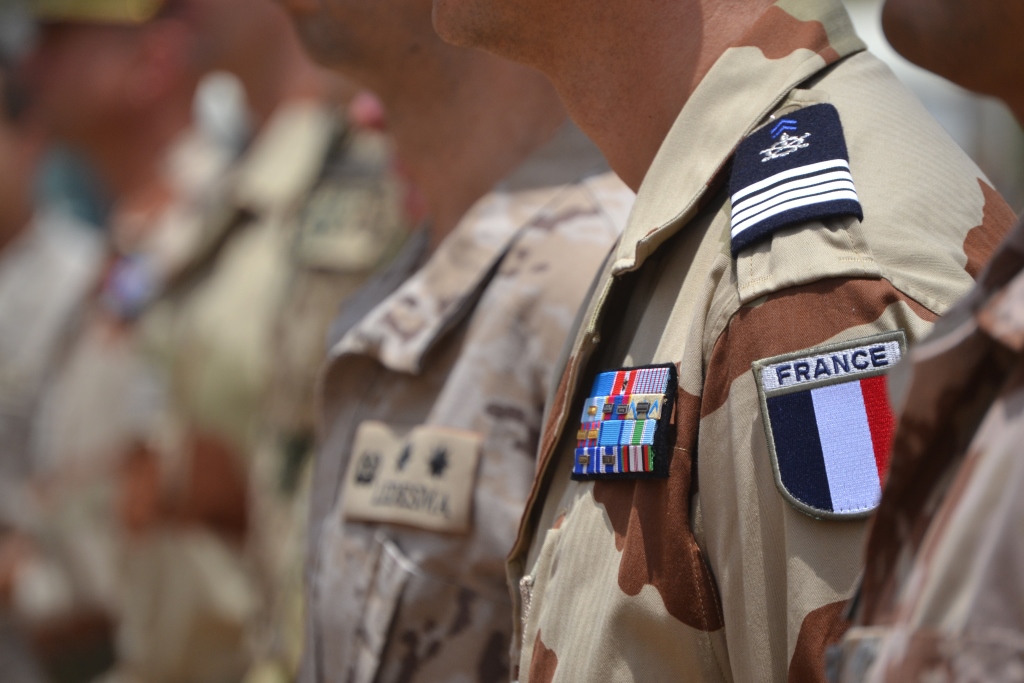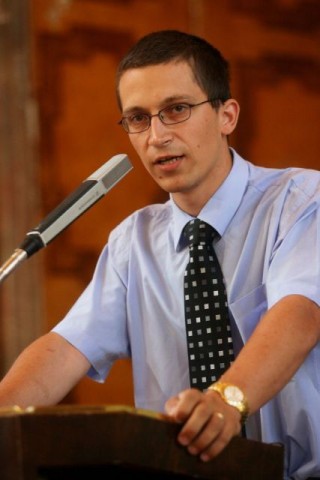The Sahel region has been undergoing turbulent changes for a couple of years now. Besides others, ever-repeating coups in a number of countries disrupted the long-term engagement of the French troops, and the further engagement of the European Union came into question. Nina Wilén, Director of the Africa Programme at the Egmont Royal Institute for International Relations and Associate Professor at the Department of Political Science at Lund University gave us an interview offering an insight into this complicated and inter-twined region as well as a small hint regarding its near future.
In June 2021, France announced its intention to withdraw French troops operating in the Sahel region involved in Opération Barkhane. Could you briefly explain the circumstances of such withdrawal?
In June 2021, a month after the “coup within the coup” in Mali, President Macron firstly announced a withdrawal of Operation Barkhane, but later rectified this to a “transformation” of the operation involving the closure of several military bases in Mali.
The announcement followed gradually deteriorating relations between the Malian junta and the French government, and an increasingly difficult security environment. The two military coups in August 2020 and May 2021, further worsened the relations.
This announcement was followed by an explanation that it will not be a withdrawal from the Sahel per se, but more of a regroupement. With Chad still under military rule and ongoing coup d’états in Burkina Faso, who are the main French allies in the region?
France is still collaborating with Chad, following the constitutional coup in 2021, and President Macron even attended the funeral of President Déby, making a clear statement that the Franco-Chadian relationship was intact despite the coup. Politically, this relationship is becoming increasingly difficult to maintain, given the recent violent crack-down on demonstrators in Chad, and the postponed elections, but so far this situation does not seem to have impacted the military collaborations.
France has had a small Special Forces Operation in Burkina Faso since 2008 – Opération Sabre – independently of Operation Barkhane, which is still ongoing, and France has tried to increase collaboration with the Burkinabes even after the first coup in January this year (2022), so from the French side, there has been a will to keep Burkina Faso as one of their allies. Yet, given recent demonstrations against the French presence during Burkina’s “Coup within a Coup” in September, the recent suspension of Radio France Internationale in the country and increasing collaboration with Russia, the relationship seems very fragile at the moment.
Niger remains an ally of France, and President Bazoum has been vocal about his support for having French troops on the ground, even legitimizing the decision through a vote in the parliament. There have however been divisions between the military and political elite in Niger with regard to hosting foreign troops on the ground as the current ‘coup epidemics’ in the region have increased the focus on Niger as the stable ally for military partnerships and collaborations.

Would you agree that most of the EU’s activities in the Sahel region, and perhaps also further in Sub-Saharan Africa, are perceived more as French ones, despite the strong engagement of other European countries? If so, what can be done to reverse this perception?
There is clearly a perception that France is the driving force behind the EU’s activities in the Sahel region, and perhaps even more broadly in Africa. France has by far been the most visible European state engaged in the region, leading a regional counter-terrorism operation for 9 years, with military bases in several of the region’s states, so this is quite a natural perception.
Other European states are also heavily engaged in the region, such as Germany, but are not willing to stand at the frontlines, both the actual frontlines, and the media frontlines, so it is difficult to change the perception of France as the motor behind the EU’s activities. For that to change, there needs to be a more discreet presence by France, and a stronger involvement by other states.
In December 2022, the EU established the EU Military Partnership Mission to support Niger in its fight against terrorism and violent extremist groups. Where do you see the future of this mission? Could it be in fact different that the previous EUTMs? Will it be able to adopt some lessons learned?
It is difficult to predict the outcome of a mission that has just been established, but there are already differences with previous missions, which could be an indication of lessons learned. One difference is the name, of course, emphasizing that this is a partnership and not a training mission, which puts Niger on a more equal level. Another is the focus on training technicians and support the creation of a new communication and command support battalion, rather than a focus on the combat forces directly. It shows that the EU wants to tread lightly and make sure that it does not infringe on Niger’s sovereignty in any way. The fact that the Head of the Mission is a French Vice-Admiral may nevertheless provoke new discussions about France’s role in the EU and in the Sahel more broadly.
Given the way the relationship was left off and the engagement of the Wagner Group, do you think that any re-engagement in Mali is out of the question, at least in the near future?
For France, any re-engagement in Mali seems definitely out of the question in the near future. Recent decisions by France to halt development aid to Mali, and from the Malian junta to ban all activities of NGOs funded or supported by France means that the gap between the two states is widening. Many other European and African states are also pulling out their troops from the UN mission in the country, MINUSMA, since the Malian junta continues to impede the possibilities for the mission to carry out its mandate, through a variety of different restraining measures, including the suspension of rotations, and the capture of Ivorian soldiers who were supporting the mission.
Is there anything that can be done better?
There is a need for local governments to start prioritising their populations by providing healthcare, security, and work opportunities for the latter to rebuild trust in the state. External Western actors need to get a better contextual understanding to have tangible effects, improve coordination for more leverage, and define early on what the end state objective is, and under what circumstances an exit strategy should be envisaged, to be credible and predictable partners.
 Dr Nina Wilén is the Director of the Africa Programme at the Egmont Royal Institute for International Relations and Associate Professor at the Department of Political Science at Lund University, as well as a Research Leader at IOB at the University of Antwerp. Nina is the Editor-in-Chief for the academic journal “International Peacekeeping.“ and the author of „African Peacekeeping, which came out with Cambridge University Press this year, co-authored with Jonathan Fisher. Her research interests include conflict analysis and peace processes and the relationship between sovereignty and intervention. More specifically she has been doing research on military interventions, Security Force Assistance, Security Sector Reform (SSR), the politics of peacekeeping operations and military sociology. Geographically her research is concentrated in Sub-Saharan Africa, where she has conducted extensive fieldwork in Niger, Liberia, the DRC, Burundi, Rwanda and South Africa.
Dr Nina Wilén is the Director of the Africa Programme at the Egmont Royal Institute for International Relations and Associate Professor at the Department of Political Science at Lund University, as well as a Research Leader at IOB at the University of Antwerp. Nina is the Editor-in-Chief for the academic journal “International Peacekeeping.“ and the author of „African Peacekeeping, which came out with Cambridge University Press this year, co-authored with Jonathan Fisher. Her research interests include conflict analysis and peace processes and the relationship between sovereignty and intervention. More specifically she has been doing research on military interventions, Security Force Assistance, Security Sector Reform (SSR), the politics of peacekeeping operations and military sociology. Geographically her research is concentrated in Sub-Saharan Africa, where she has conducted extensive fieldwork in Niger, Liberia, the DRC, Burundi, Rwanda and South Africa.





